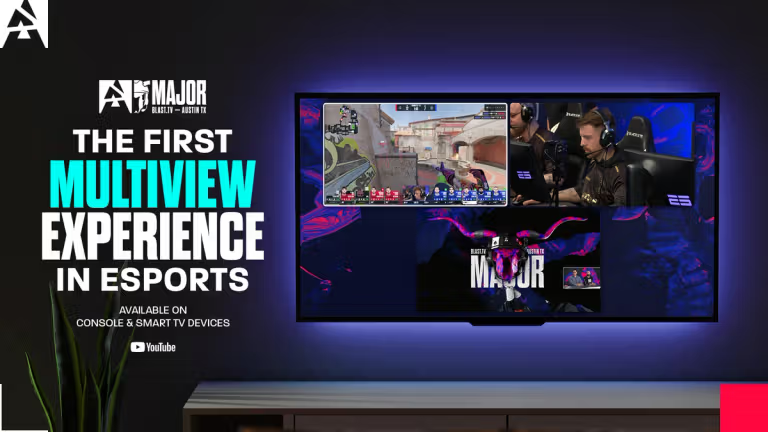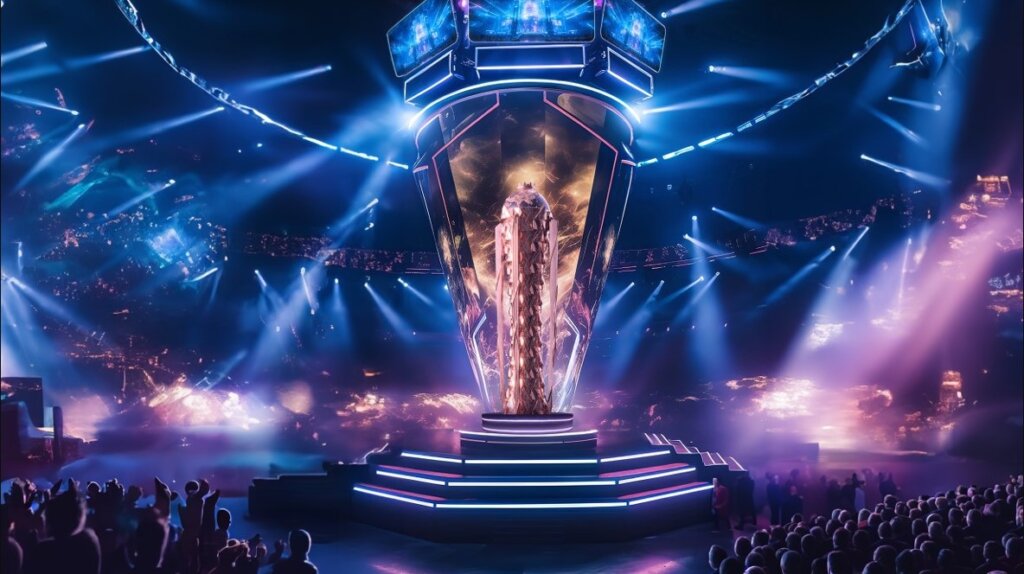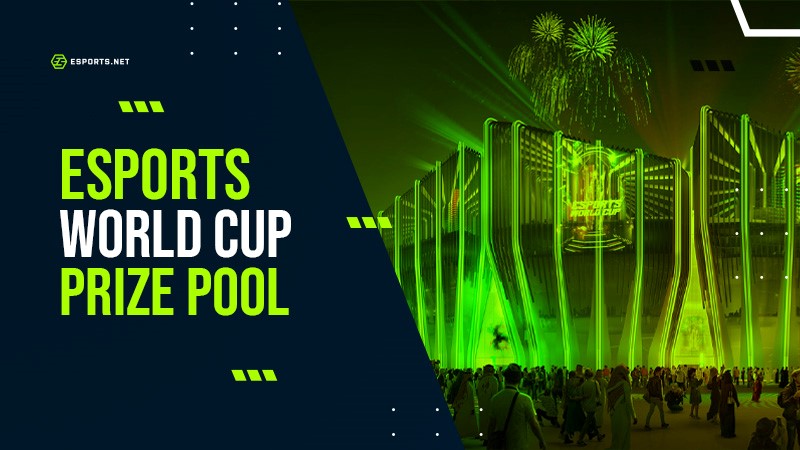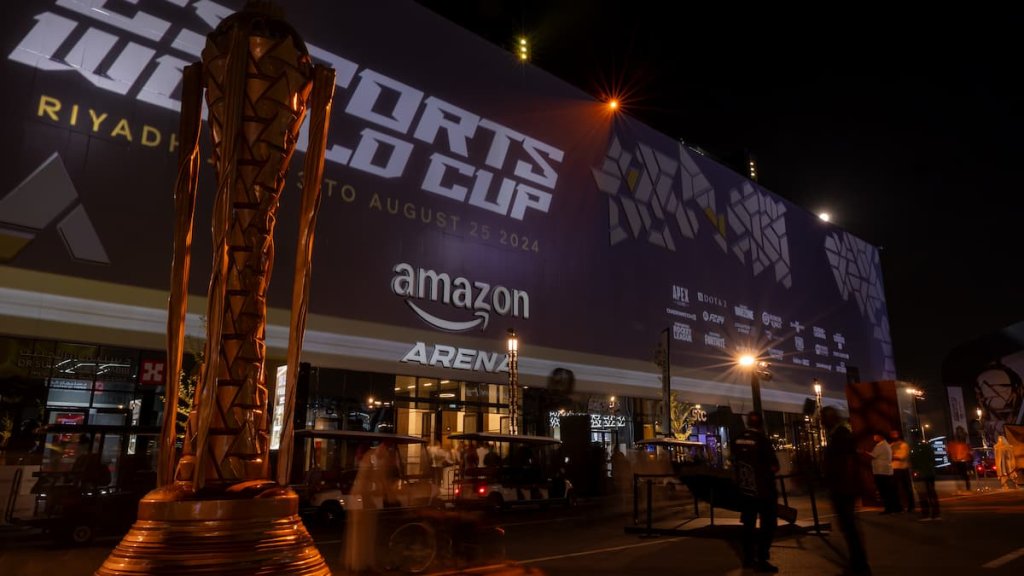
Can esports maintain its phenomenal growth?
There is little doubt that esports has been growing at a hugely impressive rate. The esports industry is expected to become a $1 billion dollar business in the next couple of years, and with a global audience of over 380 million, it’s clear that competitive gaming is here to stay. But is this rapid rate of growth sustainable?
Esports has frequently come under fire for everything from the short playing careers of its star players to its confusing tournament schedules, and this is why efforts are being made to try and ensure that competitive gaming can keep its place as one of the world’s most exciting entertainment trends. A quick look at top esports tournaments like The International, DreamHack and ESL One shows that competitive gaming is in rude health, but there appear to be many things that need to be done to take things up to the next level.

© Dota 2 The International
Money makes the esports world go round
Whilst esports started as a fair niche activity in South Korea, it has quickly become a world beater with top players taking home millions in career earnings, and companies spending huge amounts of money to get their brand name featured at the tournaments. With over 14 million viewers watching a top League of Legends tournament, it’s clear that advertisers will want to spend plenty of money in order to try and tap into the younger esports demographic that has proven to be especially tricky to target.
As a result we have seen the cost of sponsoring top esports tournaments sky-rocketing to around $200,000 for each sponsor, and it’s not just gaming-specific brands like Razer who are getting involved. From energy drinks companies like Red Bull organising their own competitions, to fast food giants like McDonald’s making the move to sponsor the ESL MeisterSchaft tournament, the influx of big money could help esports cross over into the mainstream.
There’s a huge amount of ways that money is being invested into esports. From the likes of Intel who sponsor entire tournaments like the Extreme Masters, to Betway who sponsor esports teams such as Ninjas in Pyjamas, it’s clear big business is taking a real interest in competitive gaming. Gaining the media rights to stream and televise tournaments also brings in plenty of cash with Amazon-owned Twitch.tv, Google-owned YouTube and even Facebook buying the rights to broadcast games all over the world. And with games publisher fees and even merchandising bringing in further revenues, it seems that there’s no shortage of cash in the burgeoning esports scene.
Standardising esports tournaments
Whilst top esports tournaments like The International frequently hit the headlines through their multi-million pound prize pools, it’s not the career winnings of star players that will help competitive gaming gain mainstream acceptance. Instead, it’s esports’ ability to prove that all of their tournaments are fair and that they only showcase the very best gameplay that’s going to help esports gain the stability enjoyed by traditional sports.
The esports realm is awash with all manner of weird and wonderful gaming tournaments. Whilst this gives gaming fans plenty of ways to enjoy esports, it also has proven to make competitive gaming something fairly tricky for outsiders to get involved with. As a result, we have seen many efforts made to try and standardise esports tournaments so that spectators can get a little more familiar with the star teams and players.

© Overwatch League | Blizzard Entertainment
Take Blizzard Entertainment’s Overwatch League that took the unusual step of creating a franchised tournament where a fixed number of teams compete in a league without any promotion or relegation. This aims to take a lot of mystery out of esports, and by ensuring that each Overwatch player gets a fixed salary, it will hopefully make the competitive gaming scene a little less chaotic.
Changing the perceptions of esports
But above all, it’s the perception of esports being something that’s only enjoyed by young males that could prove to be the biggest obstacle. First-person shooters like Counter Strike Global Offensive might be fun to play, but their violent nature means that they are unlikely to be featured as an Olympic sport anytime soon.
In addition, it’s the rapidly changing format of the actual games that means that even top players have a tough time in keeping up. Whilst sports like football have remained roughly the same over the years, the rapid changes in gameplay have proven to be the downfall of many promising esports like the Halo franchise.
But as esports starts to get featured on mainstream media channels like ESPN and the BBC, it’s hoped that the competitive gaming phenomenon might get over its teething troubles. And with even sports governing bodies like FIFA getting involved with EA Sports, it seems that we could be witnessed a big shift in how esports grows.












